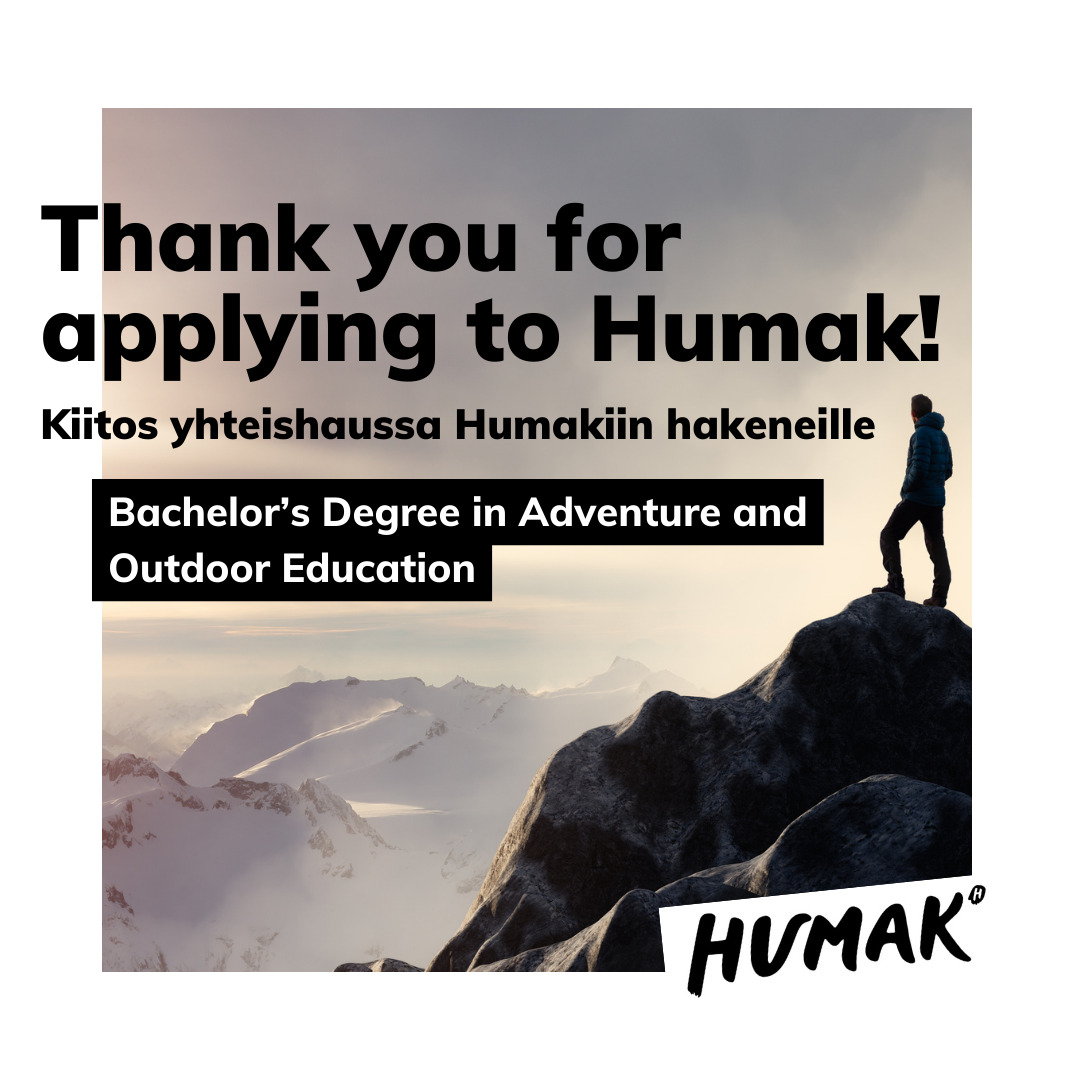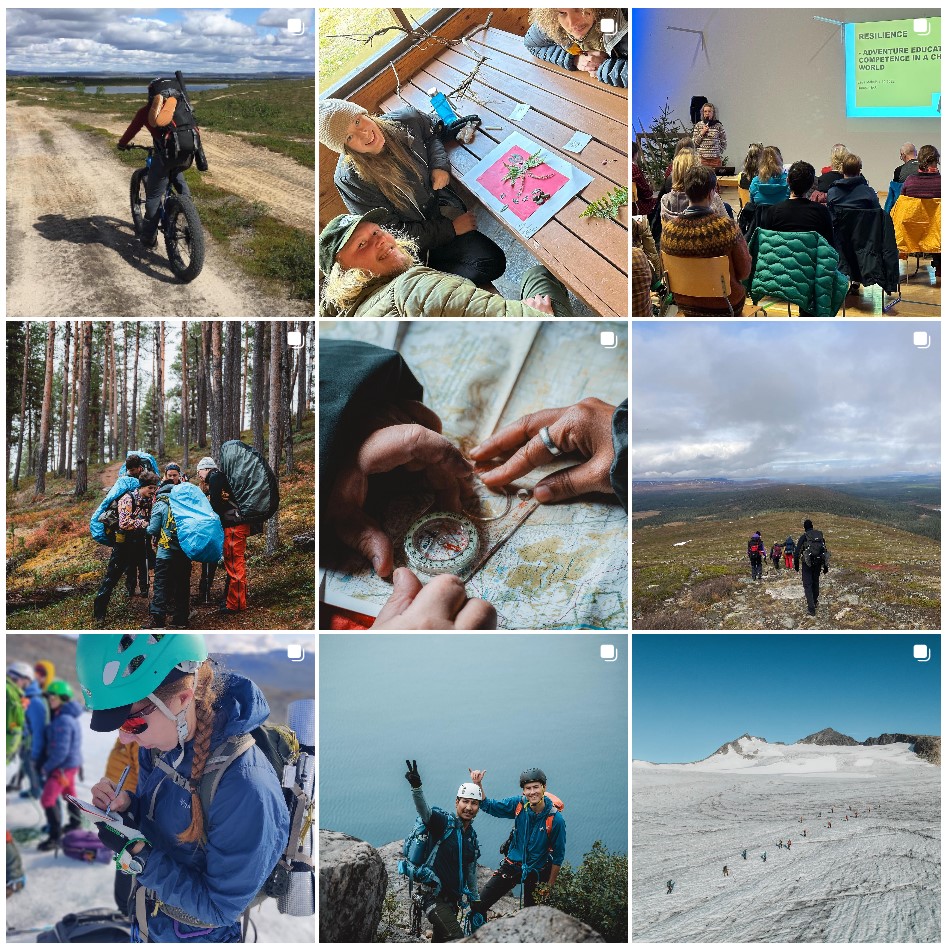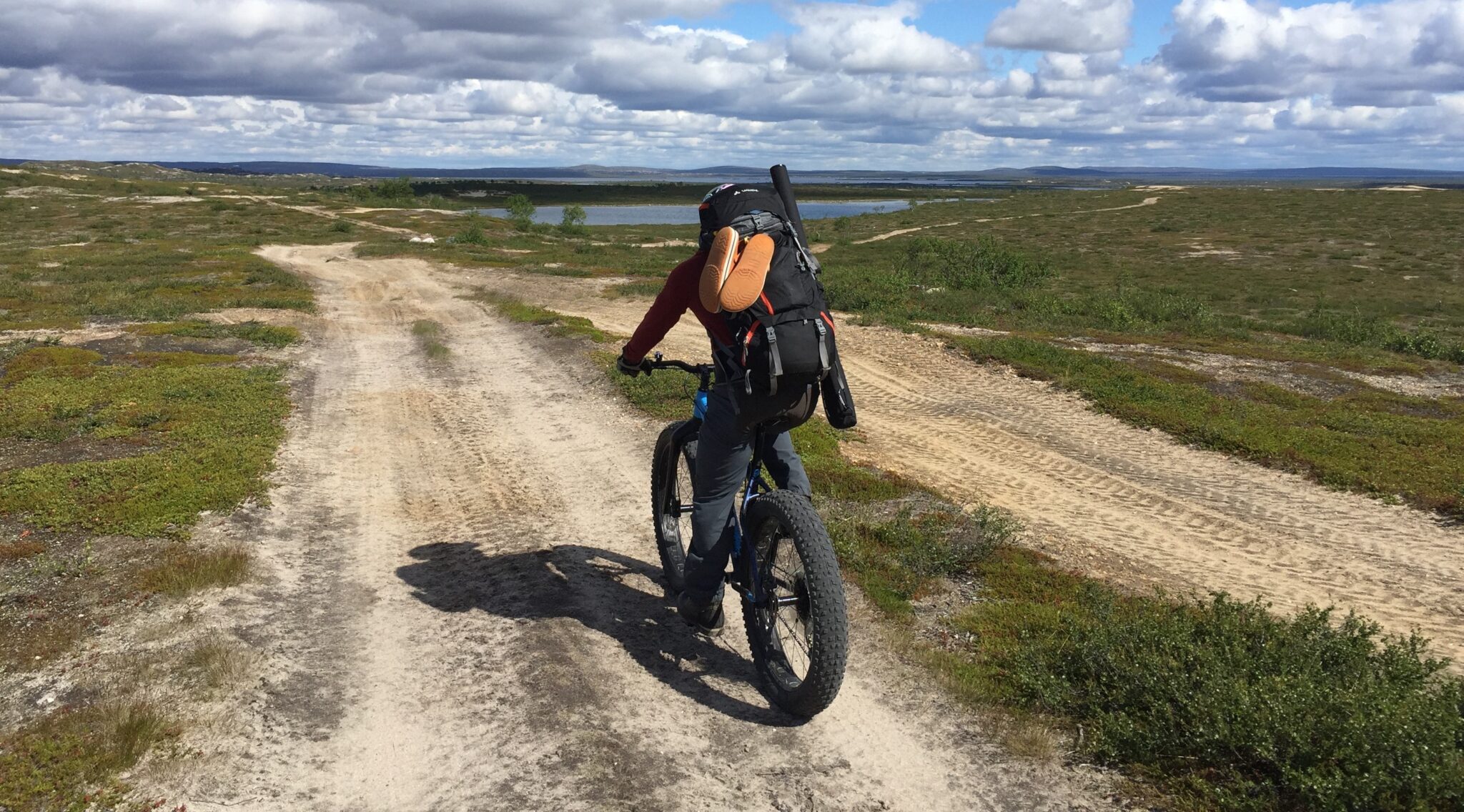International High Quality Competence
Humak's adventure education on Instagram Adventure Education in Finland
From the very beginning, adventure education has been at the forefront of community education. Adventure education competence is integrated into community education (bachelor’s degree) and has proven to be popular among international exchange students. Humak’s goal is to become the most important educator and developer in the field of adventure education throughout Europe by 2030.
Adventure education promotes pedagogical competence in adventurous activities in different sectors and operating environments. Its purpose is to strengthen the growth, development and well-being of individuals, groups and communities, as well as to develop skills and understanding of the experience economy.
Adventure Education Promotes Growth, Development and Well-being
Adventure education produces and develops skills which:
- support the growth and development of children and young people.
- strengthen the mental, social and physical capacity of people of all ages.
- promote cooperation, inclusion, community and responsibility for oneself, others and the environment.
The methods of adventure and experience pedagogy respond to the need of different sectors to develop pedagogical competence. In addition, we want to strengthen people’s relationship with nature and their skills in nature and the outdoors in an urbanizing society.

Strengthening Experience Economy Skills
The focus of adventure education is developing activities, products, processes, events and operating environments of the service providers. Interest in nature, movement in nature, ecological responsibility and the effects of nature on health and well-being has increased.
Adventurous and experiential activities allow people to feel refreshed and relaxed, learn new knowledge and skills, and increase and change their awareness and understanding of themselves, other people, and the environment. Pedagogical skills, such as meeting and guiding individuals and groups, facilitating experiential experiences, knowledge of adventurous methods and activities, and creating safe (learning) experiences add value to the field of the experiential economy and promote the well-being of people.
Partnerships and Networks
The strategic partners of adventure education include:
- Suomen nuorisokeskusyhdistys (SNK) ry, youth centres and
- Summit International Leadership Academy
- Outward Bound Finland ry
The following schools help us develop international partnerships
- Institute of Technology Tralee (Ireland),
- Nord University Bodø (Norway),
- Alaska Pacific University (USA)
Our central networks include the national adventure education network and adventure education development group and the European Institute for Outdoor Adventure Education and Experiential Learning (EOE).
Our partner in first aid training of our staff and students is NOLS Wilderness Medicine.
We also co-operate closely with Finnish Canoeing and Rowing Federation and Metsähallitus. Humak’s adventure education’s snow safety expertise involves numerous national and international networks and partners, such as the Finnish Avalanche Training / Finnish Ski Center Association, CAA Canadian Avalanche Association, SVELAV Sveriges Lavinutbildningar, Metsähallitus and Finnish Meteorological Institute.
News
Blogs
Career Paths of Adventure Educators Graduating From Humak Now and in the Future
For more than 20 years, Humak has been offering adventure […]



